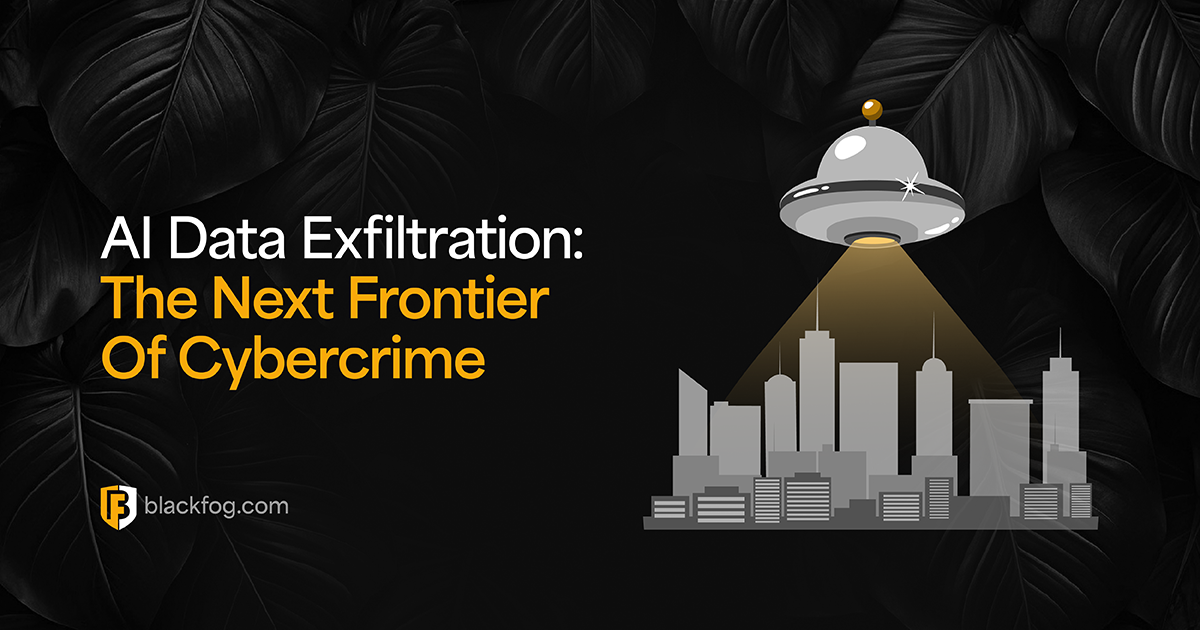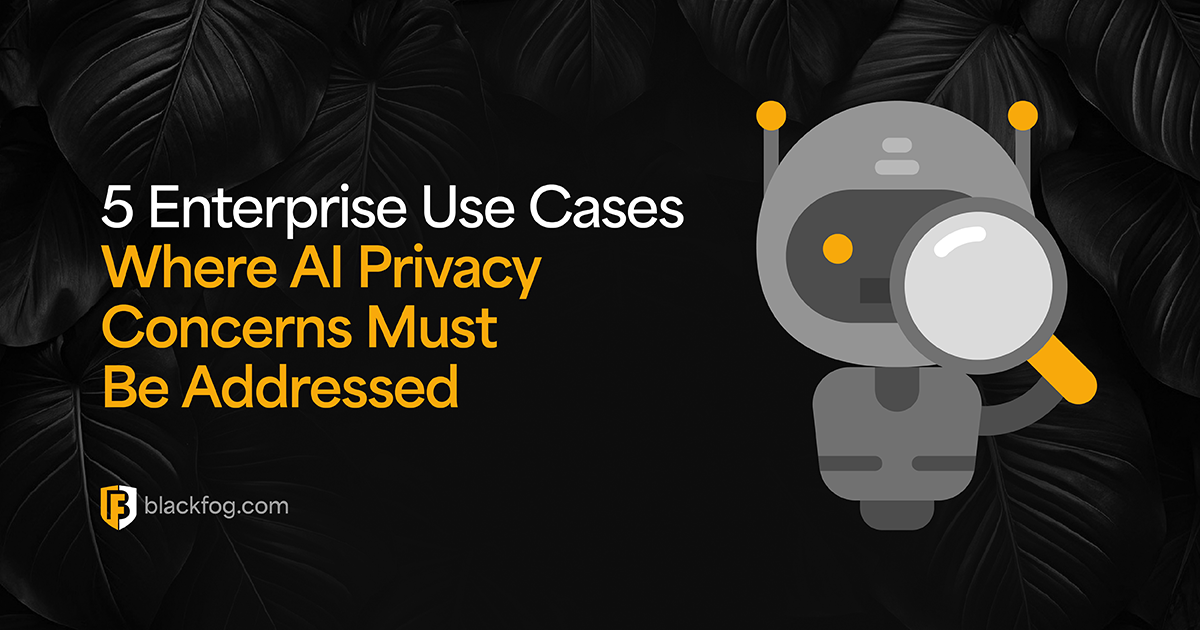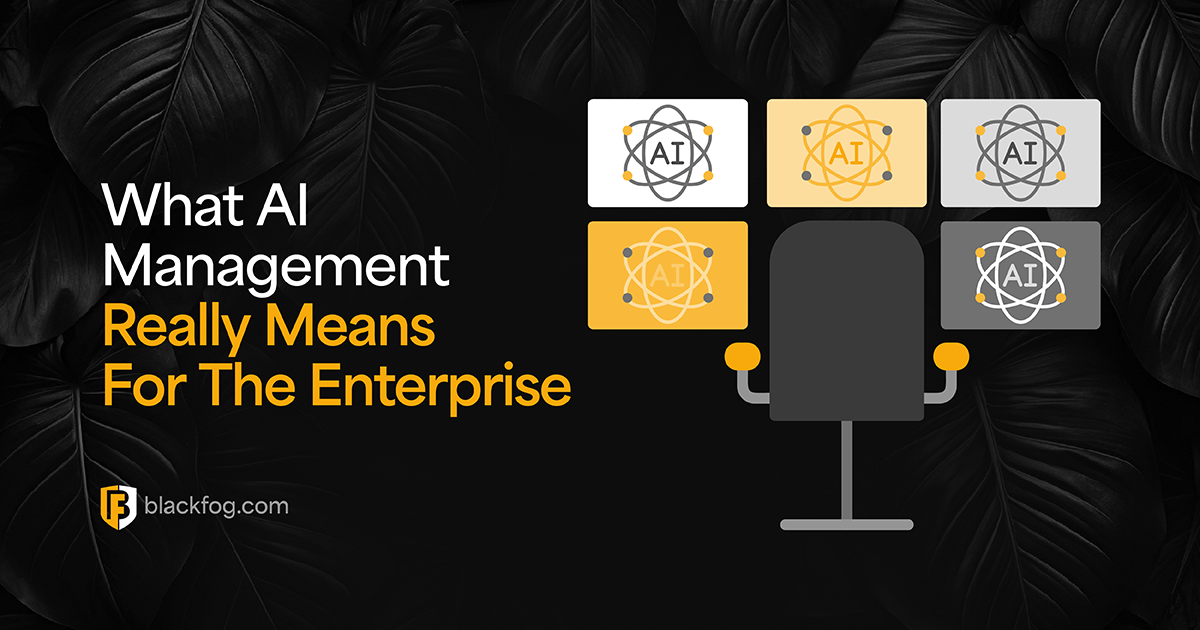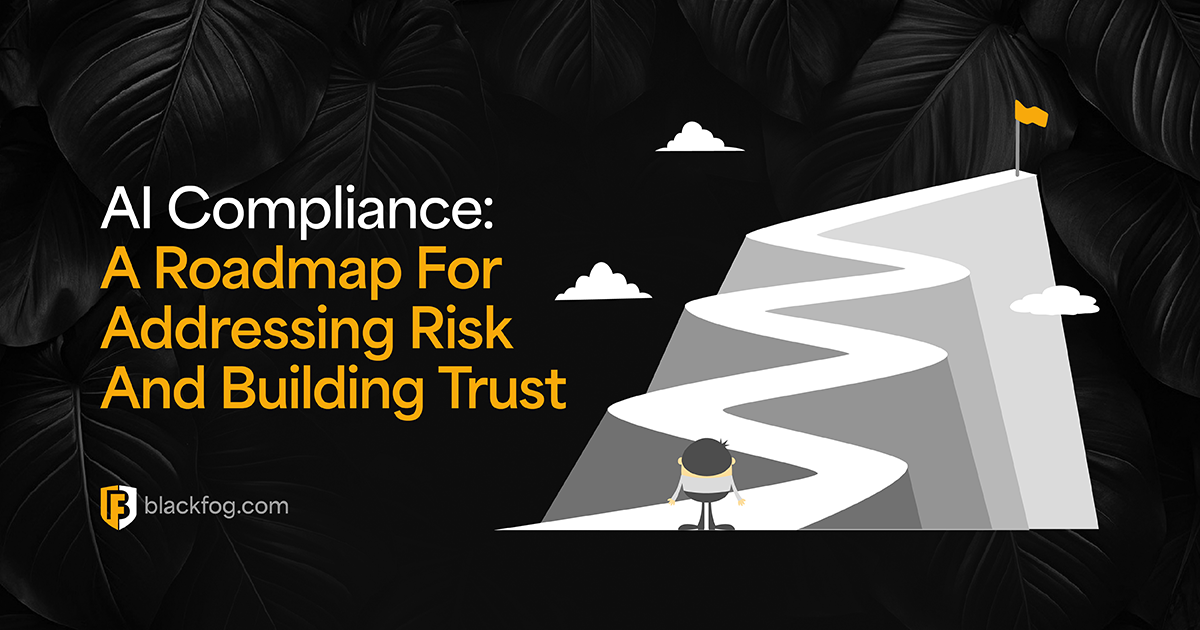
2021 is not yet over, yet it’s already a record-breaking year for the cybercrime industry. We discuss the top 5 cyberattacks of 2021 so far.
Cybercrime is expected to cost the world $6 trillion by the end of the year. Ransomware attacks are growing in frequency and severity, culminating in several headline-making attacks that have brought national attention to cybercrime.
Security managers and enterprise-level CISOs are desperately looking for new techniques and technologies for navigating this challenging landscape. Security leaders everywhere are paying close attention to the year’s record-breaking attacks and trying to predict the next one.
How to Prevent the Next Major Attack
Looking at the year’s attacks, one thing is abundantly clear. Today’s cybersecurity solutions are not sufficient to prevent disruptive ransomware attacks. Many of this year’s victims had endpoint security systems, gateway sandboxes, next-generation anti-virus solutions, and more – yet they still became victims nonetheless.
This underscores the fact that CISOs need to look beyond traditional best practices and start investing in a truly transformative approach to cybersecurity. Anti data exfiltration (ADX) is a new technology that can protect against the sophisticated ransomware attacks that define today’s threat landscape.
Data exfiltration protection is not a gateway solution. It operates inside the network, preventing the unauthorized removal of data to external destinations. This also prevents malware and ransomware applications from communicating with their command and control (C2) servers. Once inside, hackers are left effectively disarmed, unable to exfiltrate data or hide their tracks.
How Anti Data Exfiltration (ADX) could have stopped attacks
How ADX works
ADX works by investigating outgoing data on endpoint devices. This gives it a markedly smaller footprint than other solutions, such as firewalls or DLP, which examines incoming and outgoing traffic at the edge of the network. ADX solutions are lightweight enough to run on mobile devices and do not need to work on the corporate network.
Instead of comparing traffic to a dictionary of attack signatures, ADX solutions use behavioral analytics to identify unusual behaviors on a user-centric basis. ADX limits the ability for users – including privileged users and administrators – to send sensitive data outside the network.
For more information on how ADX can help your business please contact BlackFog or signup for a 7 day ransomware assessment on our web site.
Share This Story, Choose Your Platform!
Related Posts
AI Data Exfiltration: The Next Frontier Of Cybercrime
How are cybercriminals using AI data exfiltration to enhance their ransomware attacks and what must businesses do to counter these threats?
5 Enterprise Use Cases Where AI Privacy Concerns Must Be Addressed
AI privacy concerns are rising with AI adoption - five use cases highlight the key issues businesses must consider.
What AI Management Really Means For The Enterprise
Ongoing AI management is essential in maintaining compliance in a challenging environment. Here's what businesses need to consider.
AI Security Risks Every Business Must Know About
AI Security Risks are growing as AI embeds in business. What key threats must firms address to stay compliant with data regulations?
Who’s Really In Charge? Why AI Governance Is Now A Business Imperative
Find out why a strong AI governance program will be essential if enterprises are to make the best use of the highly in-demand technology.
AI Compliance: A Roadmap For Addressing Risk And Building Trust
AI compliance is set to be a major focus for businesses in the coming year. Here's what you need to know to make this as easy as possible.






